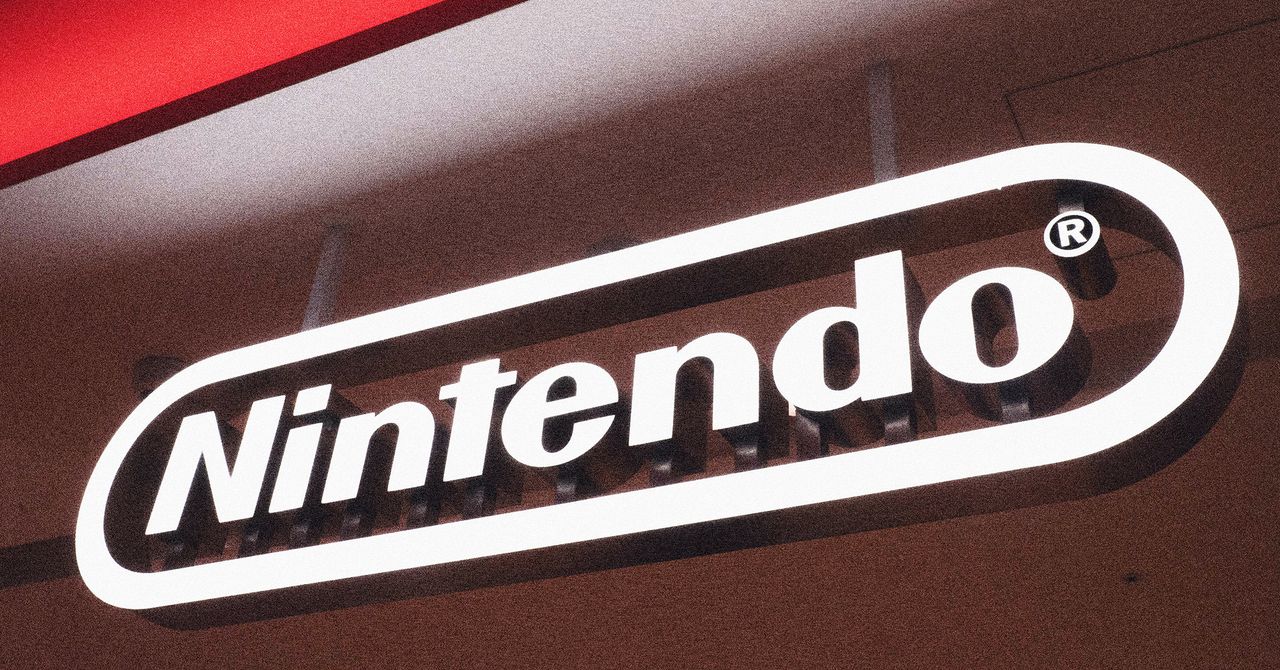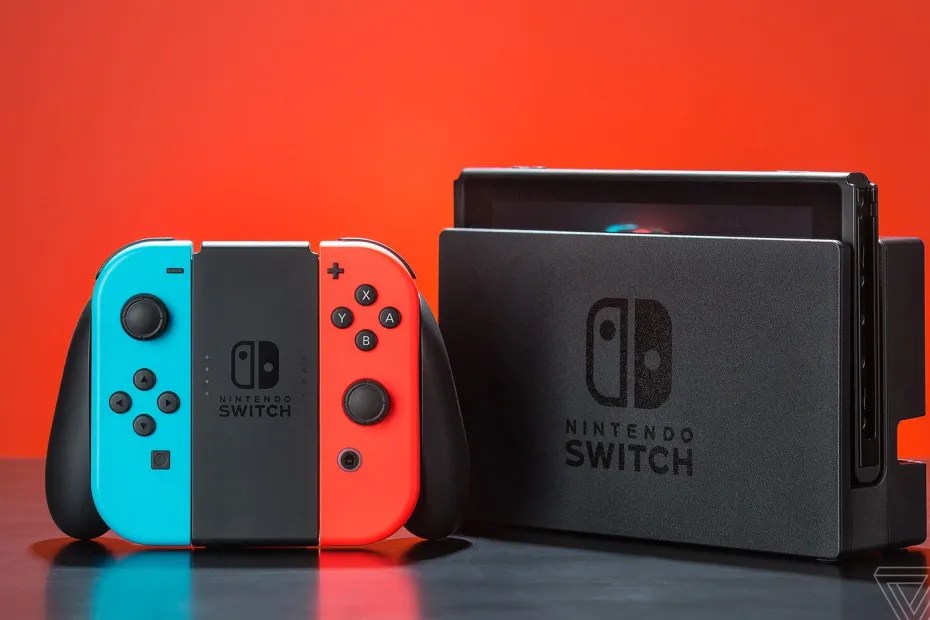Alexa's Privacy Overhaul: What Amazon's Latest Move Means for Your Smart Home
Technology
2025-03-18 11:00:00Content

Alexa Plus Launch Raises Privacy Concerns: Amazon's Bold Data Collection Strategy
As Amazon prepares to roll out its latest Alexa Plus device, the tech giant is making a controversial demand that has privacy advocates and consumers on edge: users must surrender all their voice data to the company.
This unprecedented requirement is sparking significant debate about digital privacy and user consent. By mandating comprehensive voice data transfer, Amazon is pushing the boundaries of personal data collection in ways that challenge traditional privacy norms.
Why This Matters
The implications of this data collection strategy are profound. Every conversation, command, and casual interaction captured by Alexa could potentially be analyzed, stored, and used for various purposes - from product improvement to targeted advertising.
Privacy experts warn that such comprehensive data collection represents more than just a technical requirement. It's a potential invasion of personal space, where intimate moments and private conversations could become corporate assets.
Consumer Dilemma
Users now face a critical choice: embrace the latest technology and surrender their vocal privacy, or opt out and potentially miss cutting-edge features. This ultimatum highlights the growing tension between technological convenience and personal privacy in the digital age.
As the Alexa Plus launch approaches, all eyes are on Amazon to see how they'll address these mounting concerns.
Privacy Invasion: Amazon's Alexa Plus Sparks Unprecedented Data Collection Controversy
In an era where digital privacy hangs precariously in the balance, tech giant Amazon has once again thrust itself into the center of a heated debate surrounding user data collection. The impending launch of Alexa Plus has sent shockwaves through the technology community, raising critical questions about the boundaries of personal information privacy and corporate data harvesting practices.When Convenience Meets Surveillance: The Dark Side of Smart Technology
The Unprecedented Data Collection Mandate
Amazon's latest directive demands that Alexa Plus users surrender comprehensive voice data, marking a significant escalation in invasive technological practices. This requirement goes far beyond standard data collection protocols, essentially requesting users to voluntarily provide unrestricted access to their most intimate audio interactions. The implications are profound and deeply unsettling, transforming what was once considered a convenient smart home assistant into a potential surveillance tool. The company's rationale suggests that comprehensive voice data will enhance artificial intelligence algorithms and improve user experience. However, privacy advocates argue that this approach represents a dangerous precedent, effectively commodifying personal communication as a product to be analyzed, dissected, and potentially monetized.Technological Implications and User Rights
The mandatory data submission raises critical questions about user consent and digital autonomy. By compelling users to surrender their voice recordings, Amazon is fundamentally challenging established norms of personal privacy. Each voice interaction captured represents more than just audio data—it potentially includes emotional nuances, personal conversations, and sensitive contextual information that could be exploited in ways users cannot anticipate. Cybersecurity experts warn that such comprehensive data collection creates unprecedented vulnerability. Voice patterns can reveal intricate details about an individual's psychological state, social interactions, and personal habits. The potential for misuse ranges from targeted advertising to more sinister forms of digital profiling.Legal and Ethical Landscape of Data Collection
The Alexa Plus data collection strategy exists in a complex legal and ethical gray area. While current regulations provide limited protection against such invasive practices, mounting public pressure and potential legislative interventions could force significant changes in how technology companies approach user data. International privacy frameworks like GDPR in Europe and emerging legislation in various jurisdictions are increasingly scrutinizing such aggressive data collection methods. Amazon's approach may soon face substantial legal challenges that could redefine the boundaries of technological surveillance and user rights.Consumer Response and Market Dynamics
Consumer reaction to this unprecedented data collection mandate has been swift and multifaceted. Many users are expressing deep reservations, with some considering abandoning Alexa-enabled devices altogether. The tech community is particularly vocal, highlighting the potential long-term consequences of surrendering personal audio data. Market analysts suggest that this strategy could backfire, potentially eroding consumer trust and damaging Amazon's reputation in the competitive smart home technology sector. The delicate balance between technological innovation and personal privacy has never been more precarious.Technological Alternatives and User Empowerment
As concerns mount, consumers are increasingly seeking alternative smart home solutions that prioritize privacy. Emerging technologies and privacy-focused competitors are positioning themselves as more ethical alternatives to Amazon's data-hungry approach. The market is witnessing a significant shift towards decentralized, user-controlled technologies that provide transparency and genuine user consent mechanisms. This trend suggests that companies like Amazon must fundamentally reevaluate their data collection strategies to remain competitive and maintain consumer trust.RELATED NEWS

Breaking: Amazon's AI Upgrade Lands on Four Echo Devices - Alexa Gets a Major Boost

Clarkson Unleashes Verbal Assault: Tesla's Elon Musk Becomes Target of Scathing Critique






